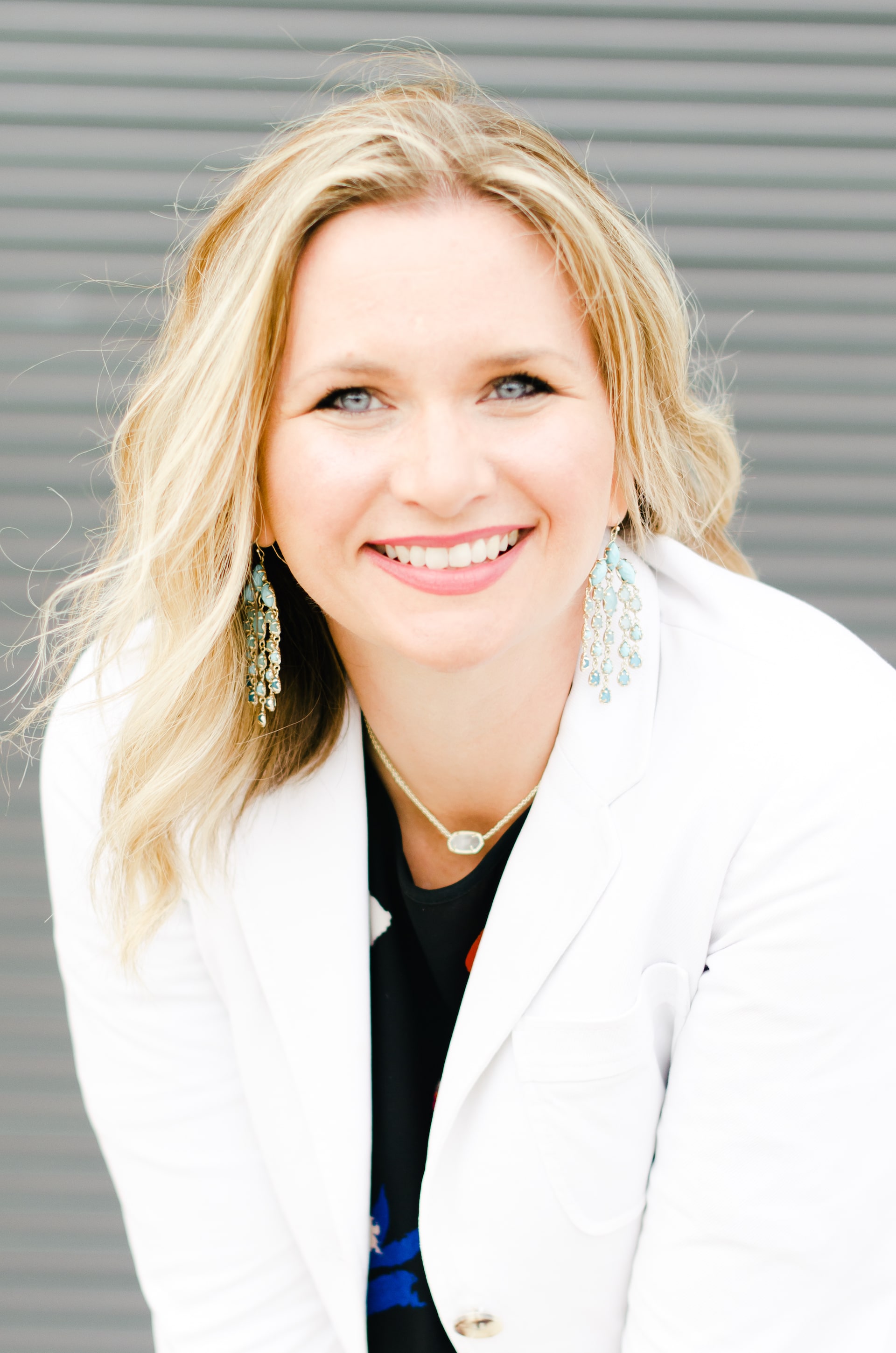Dear Wife With An Eating Disorder

For years, I didn’t feel good enough because I didn’t look like the celebrities I watched in movies or the models I saw in magazines.
I dreaded the checkout line where the magazines taunted me. My skin – not as smooth. Clothes – not as stylish. Body – not as thin. All I saw were differences. These differences equated my body was bad, not good enough, and ugly.
When you don’t value yourself, you don’t take care of yourself. After all, who cares well for garbage? There is no value in trash, I thought.
This led to a dark season in my life. Shame became my garment of choice. Anger seethed through my veins. Depression sank over me. And food ruled me.
The enormous pressure to be thin robbed my ability to live.
My Eating Disorder
I held onto a tightly gripped belief that if I could achieve thinness – then, and only then, would I be good enough. When I couldn’t measure up and keep up, I felt like a failure. My identity became rooted in what I ate and how I looked.
Food was no longer something I consumed, food began to consume me. I went from restricting one meal, then two, then days would slip by with eating nothing. When I would eat, the food felt like bricks in my stomach. After I ate, my thoughts quickly turned to how could I get the food out of me.
I remember laying on the floor in the bathroom near the toilet in tears. Curled up in a ball, I laid weeping because I couldn’t get myself to throw-up. Afterward, feeling double the defeat and thinking, I can’t even throw up right…what is wrong with me?
Eating disorders don’t always stem from negative body images. But, mine did.
I wanted to be thin at any cost. Physical or mental health wasn’t important. Being thin was my only obsession. My marriage suffered because all I saw was a body I didn’t like. With every look in the mirror I felt I wasn’t enough. Not beautiful enough, not attractive enough, not good enough. This feeling of not enough, kept me distant in our marriage. The distance wasn’t just physical but also emotional and spiritual.
Morning, noon, and night thoughts of food and losing weight consumed me. I did get to my weight goals, but this only spurned on my pursuit for further weight loss. The compliments I received fueled me as much as the hunger pains I felt. In my state of mind, the feedback and feelings equated to success.
How I Found Hope
Recovery didn’t happen overnight. It rarely does.
What I discovered through decades of prayer, hard work, counseling, and self-discovery is I am worthy, I am valuable, and I am beautiful (this one is still hard to believe some days). Not because of my size, or make-up, or any other external accessory, but because this is how God created me.
Good news, this isn’t just how He made me – this is how he made you too. As we begin embracing this truth, the obsession becomes less and less.
You are His masterpiece, His craftsmanship, His handiwork. Don’t be ashamed of how God made you. You may be bigger or smaller, taller or shorter, lighter or darker. I can assure you, your worth doesn’t hinge on your waist size. Your worth is deeply rooted in the fact you are made in God’s image.
Dear wife with an eating disorder – when you live with the mindset and Truth that you are a masterpiece, not because of anything you’ve done but because of what God did for you, you begin to live with real confidence.
This internal growth in turn affects your marriage. You’ll no longer need your husband to make you feel good enough or pretty enough. You’ll find yourself less angry with him because you’re less angry with yourself. Our confidence in our identity has to come from Jesus, not our spouse.
This is a daily challenge because some days its easier to receive affirmation from our spouse than it is to remind our selves of the Truth. One is consistent and reliable and the other, no matter how hard he tries, is not.
Celebrate God today by celebrating you!
Blessings to you,
Melissa
Wife Step: Read this article for more information and hope.
*Eating disorders are a real thing. In fact, this is most deadly of all mental disorders. You don’t have to be emaciated to have an eating disorder. If you struggle with food, are obsessed with what you eat or how you look, reach out for help. Don’t go at this alone. There is hope – recovery is possible.

Melissa is a licensed professional counselor specializing in disordered eating, body image, and self-worth. When she isn’t counseling, speaking, or blogging at melissaclarkcounseling.com, you can find her sifting through clearance racks or perusing online for her next travel destination. She lives in the Dallas area with her handsome hubby and two cute kiddos (and a crazy rescue dog).



Be the first to comment